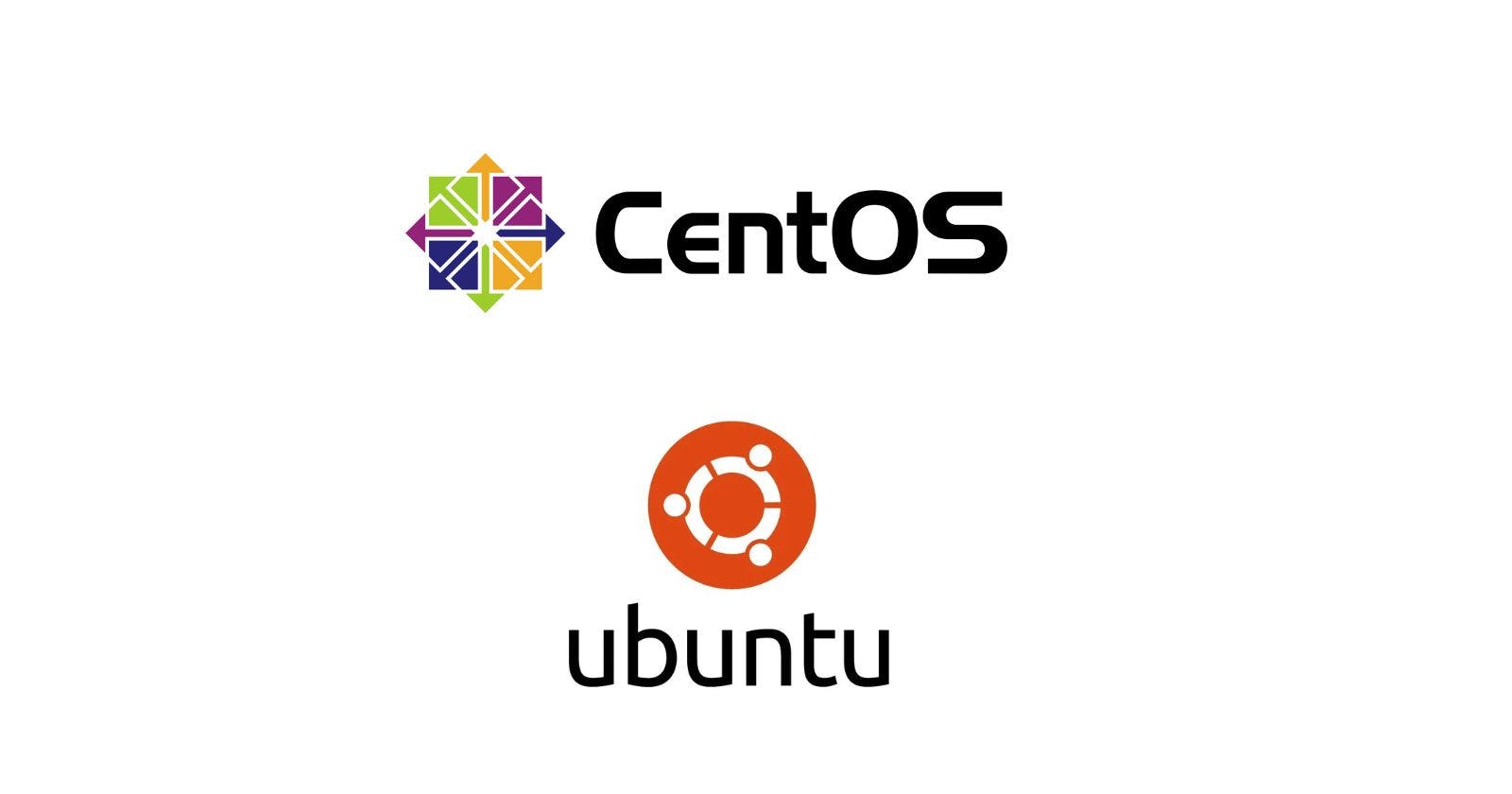Linux is an open-source operating system that has been gaining popularity over the past few years. Within the Linux ecosystem, there are various distributions or “distros” to choose from depending on your needs and preferences.
Two of the most popular options are CentOS and Ubuntu. But how exactly do they compare, and which one is better for you?
What is CentOS?
CentOS (short for Community Enterprise Operating System) is a Linux distribution built from the source code of Red Hat Enterprise Linux (RHEL). This means it is functionally compatible with RHEL without any branding. CentOS emerged as a free alternative for companies that wanted enterprise-class stability without paying for RHEL licenses.
Some key features and characteristics of CentOS include:
Built for stability and reliability
Follows RHEL update cycle and gets patches/fixes slower
Targets servers and enterprise use cases
Supported by community forums and resources
Has longer support cycles (10 years)
Not very beginner-friendly compared to other distros
What is Ubuntu?
Ubuntu is one of the most popular desktop Linux distributions available today. Maintained by Canonical and a large community of contributors, Ubuntu focuses on ease of use, security, and up-to-date software packages.
Here are some prominent features of Ubuntu:
Easy to install and use, ideal for beginners
Offers long-term support (LTS) and short-term support releases
Strong focus on desktops and personal computing use
Backed by Debian's large software repository
Optimized for popular peripherals and hardware platforms
Extensive community documentation is available
6 months support cycle for faster updates
CentOS vs. Ubuntu: Key Differences
Now that we know what each Linux distribution is targetting, let's compare some of their key differences:
Release Cycle: Ubuntu has a fixed 6-month release schedule. CentOS follows RHEL's slower point release model focused on stability.
Software Packages: Ubuntu generally offers newer software packages and updates. CentOS packages lag slightly behind as updates are backported from RHEL.
Beginner Friendliness: Ubuntu installers and desktop experience are designed keeping new users in mind. CentOS assumes some technical knowledge for configuration.
Support: Ubuntu offers paid enterprise tier support from Canonical. CentOS relies on community forums and resources for support.
Performance: For server workloads, CentOS typically provides better performance and efficiency. Ubuntu is tuned for desktop usage.
Choosing Between CentOS and Ubuntu
So which Linux distribution should you pick? Here are some guidelines:
For enterprise servers and stability at scale, CentOS is the preferred option.
For desktop usage, software development, and improved user experience - Ubuntu fits the bill.
For newer hardware support and rapid updates, Ubuntu maintains an edge over CentOS.
Prefer longer product cycles? CentOS provides a 10-year support window.
Of course, your specific needs will ultimately determine the right Linux distro for the job. Both CentOS and Ubuntu have their own pros and cons. Trying out each platform hands-on can provide more clarity as well.
Conclusion
Overall, Ubuntu leads the market share statistics for beginner Linux adoption. But CentOS continues its popularity within corporate data centers and enterprise workloads. Understanding how these distros align with your priorities is key before choosing between CentOS and Ubuntu.

